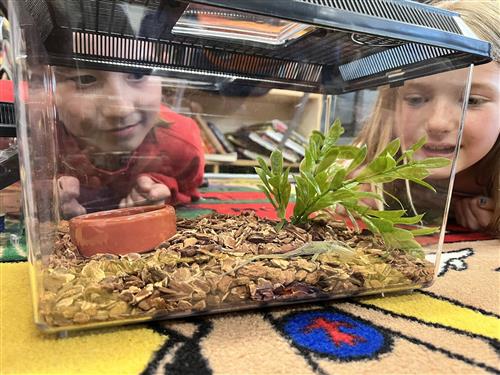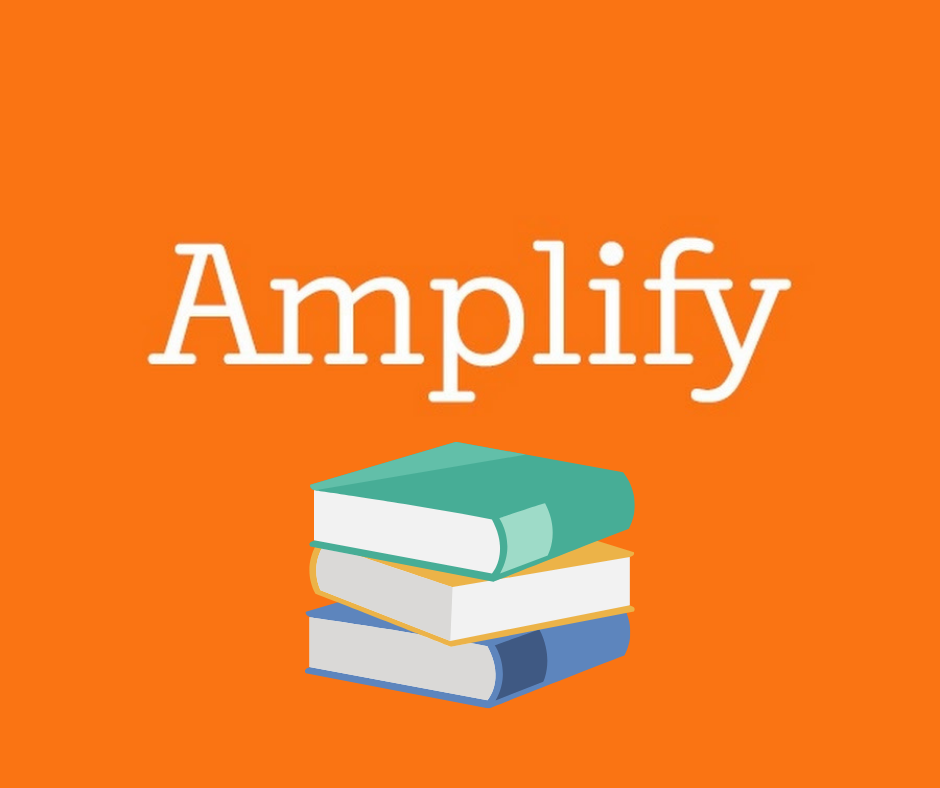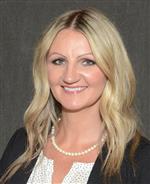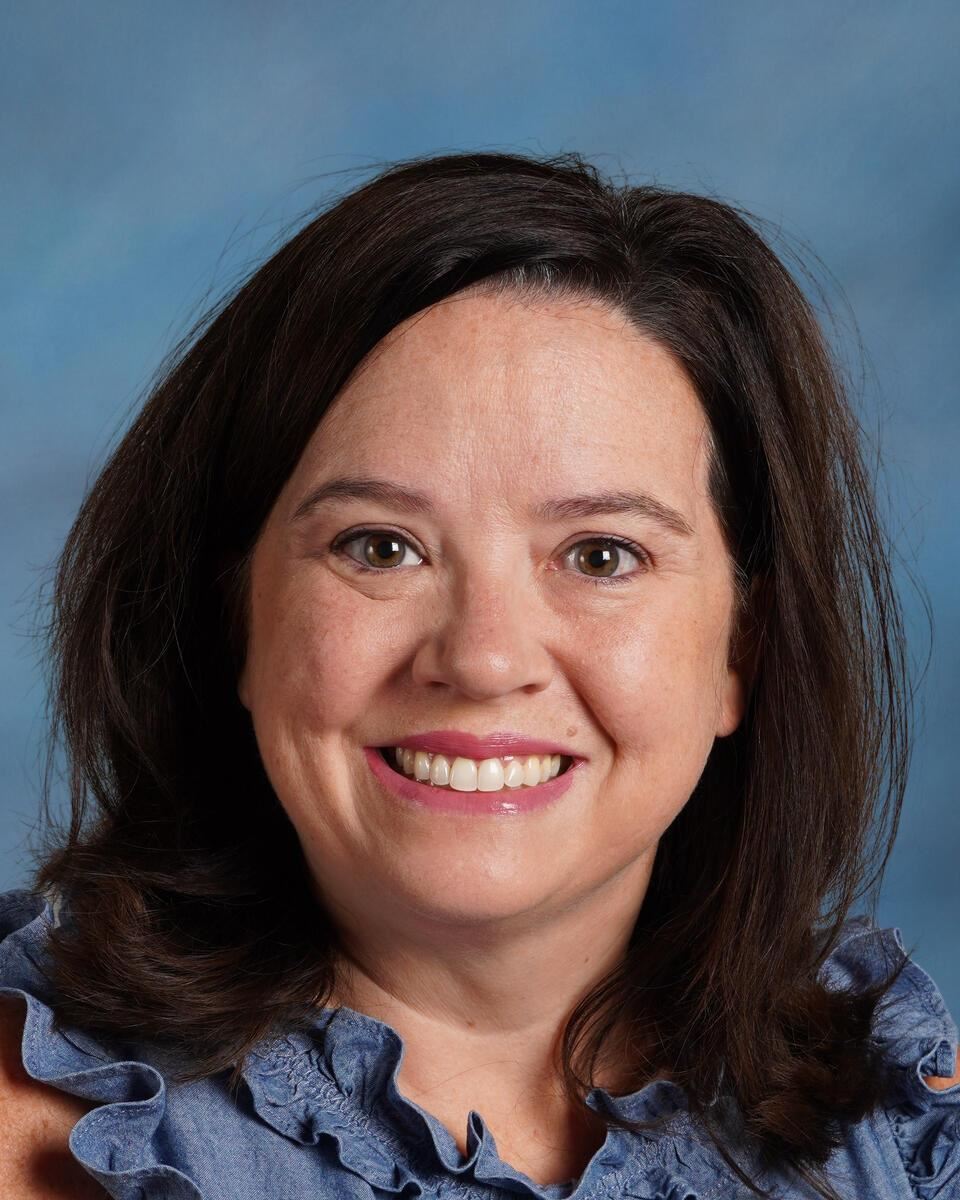Overview
-

In Lake Forest School District 67, we believe that a comprehensive curriculum provides a framework for social, emotional, and academic well-being through the coordinated sequence of study in the areas of language arts, mathematics, science, social studies, world language, the arts, physical education, and health.
A well-written curriculum clearly states the specific content and skills that each student should master as they progress through the grade levels. While the essential elements of a curriculum must be documented, it is important to note that curriculum is living in the classroom each day; teachers are charged with the responsibility of designing and adapting their instruction so that each student reaches her or his full potential with the given curriculum.
The curriculum of District 67 undergoes continuous evaluation and revision, ensuring that it represents the very best thinking in education today. In addition, we collaborate with Lake Forest High School District 115 to promote a coherent progression of content and skills.
District 67 embraces the Common Core State Standards as an opportunity to strengthen our curriculum. These standards “provide a consistent, clear understanding of what students are expected to learn, so teachers and parents know what they need to do to help them." The standards are designed to be robust and relevant to the real world, reflecting the knowledge and skills that our young people need for success in college and careers. (www.corestandards.org)
Amplify CKLA and ELA English Language Arts Curriculum
At the April 25th regular meeting, the Board of Education adopted Amplify for the K-8 English Language Arts (ELA) curriculum to replace the Lucy Calkins Units of Study resource. Amplify will offer a rigorous and systematic approach aligned with the Science of Reading to support students to thrive academically and develop strong literacy skills. District staff and teachers have been engaging in ongoing professional development (PD) around the Science of Reading and new curriculum, and we are eager to share much of that information with our families. Join Director of Teaching & Learning Vail Kieser and Jeff Senior Vice President, Product Specialist from Amplify to answer your questions and share essential updates with you about our curriculum by watching the videos linked below.
Amplify CKLA K-5 Parent Information
Amplify ELA 6-8 Parent Information
Amplify CKLA & ELA Year 1 Implementation Presentation

Curriculum Coordinating CommitteeThe Curriculum Coordinating Committee (CCC) is a representative group of teachers, administrators, and parents that considers plans for curriculum evaluation, reviews materials that are potentially up for district adoption and provides input regarding curriculum-related matters to the Board and administration.
Committee Purpose: An important perspective to bring to our District work is through our parents. One of the ways we seek parent involvement is through the Curriculum Coordinating Committee. It is composed of teachers, administrators, and parents, thus representing multiple perspectives about the work we do for our students. The purpose of this committee includes, yet may not be limited to:- Consider plans for curriculum review/evaluation
- Receive input regarding curriculum-related matters
- Serve in an advisory capacity to the administration and Board of Education
Thank you to our 2023 Parent/Guardian Committee Members: John Malloy, Mallory Boyens, and Lauren Fairchild
An Overview of Curricular Areas
-
Arts
The arts curriculum encourages the development of creative skills, the ability to see and think through relationships of color, perspective, and aesthetics, and the capacity for individual expression through various artistic media, music, and drama. We offer experiences in visual art, drama, music, home arts, and integrated computer technology throughout grades K-8.
Students in grades K-4 have music and art at scheduled weekly times throughout the school year. Students in grades 5 and 6 have music, art, drama, and STEM for 18 weeks on a rotating basis. Students in grades 7 and 8 participate in Creative Arts. In grades 7 and 8, Creative Arts meet daily and run on a nine-week rotation. Creative Arts include visual art, media arts, home arts, and STEM (Science, Technology, Engineering, and Math). Performing Arts, comprised of Band, Orchestra, or Chorus, meets three times per week for the full year.
Group instruction in instrumental music begins in grade 4 with string instruments and in grade 5 with band instruments. Students in grades 4 and 5 receive weekly group lessons and weekly full ensemble rehearsals. Students in grades 6, 7, and 8 receive weekly group lessons and ensemble rehearsals throughout the week. We send a detailed letter regarding the band and orchestra program to all parents in the spring. Chorus is offered as an after-school self-funded program in grades 3 and 4. In grades 5-8, chorus is offered during the school day.
There are many opportunities for additional experiences in the arts before and after school through school-sponsored activities and through self-funded programs such as Brainstormers. These opportunities may include jazz band, show choir, pops orchestra, drama, and various music ensembles.
A rental and maintenance fee is assessed to any student utilizing musical instruments owned by the school district. The District 67 Instrument Usage fee of $90.00 is associated with the instrument used by your child annually. You will be billed directly by the Business Office at the start of the school year.
-
Information Literacy
District 67 offers a comprehensive school library program in support of the Information Literacy curriculum. Students in grades K-4 receive instruction in the effective use of information tools, led by the school librarians. Students develop the foundational skills for understanding how to effectively access, evaluate, and use information. The information literacy skills relate to content area curriculum and classroom assignments. Students in grades 5-8 demonstrate their information literacy skills at a higher level and develop their abilities of evaluating, synthesizing, and presenting information. Information literacy instruction in grades 5-8 occurs through collaborative lessons taught by the librarian and/or the classroom teacher.
-
Language Arts
The descriptions that follow offer a portrait of students who master the Common Core State Standards in English Language Arts. As students advance through the grades and master the standards in reading, writing, speaking, listening, and language, they are able to exhibit with increasing fullness and regularity these capacities of the literate individual. (Descriptions are from www.corestandards.org.)
They demonstrate independence.
Students can, without significant scaffolding, comprehend and evaluate complex texts across a range of types and disciplines, and they can construct effective arguments and convey intricate or multifaceted information. Likewise, students are able independently to discern a speaker’s key points, request clarification, and ask relevant questions. They build on others’ ideas, articulate their own ideas, and confirm they have been understood. Without prompting, they demonstrate command of standard English and acquire and use a wide-ranging vocabulary. More broadly, they become self-directed learners, effectively seeking out and using resources to assist them, including teachers, peers, and print and digital reference materials.
They build strong content knowledge.
Students establish a base of knowledge across a wide range of subject matter by engaging with works of quality and substance. They become proficient in new areas through research and study. They read purposefully and listen attentively to gain both general knowledge and discipline-specific expertise. They refine and share their knowledge through writing and speaking.
They respond to the varying demands of audience, task, purpose, and discipline.
Students adapt their communication in relation to audience, task, purpose, and discipline. They set and adjust purpose for reading, writing, speaking, listening, and language use as warranted by the task. They appreciate nuances, such as how the composition of an audience should affect tone when speaking and how the connotations of words affect meaning. They also know that different disciplines call for different types of evidence (e.g., documentary evidence in history, experimental evidence in science).
They comprehend as well as critique.
Students are engaged and open-minded – but discerning – readers and listeners. They work diligently to understand precisely what an author or speaker is saying, but they also question an author’s or speaker’s assumptions and premises and assess the veracity of claims and the soundness of reasoning.
They value evidence.
Students cite specific evidence when offering an oral or written interpretation of a text. They use relevant evidence when supporting their own points in writing and speaking, making their reasoning clear to the reader or listener, and they constructively evaluate others’ use of evidence.
They use technology and digital media strategically and capably.
Students employ technology thoughtfully to enhance their reading, writing, speaking, listening, and language use. They tailor their searches online to acquire useful information efficiently, and they integrate what they learn using technology with what they learn offline. They are familiar with the strengths and limitations of various technological tools and mediums and can select and use those best suited to their communication goals.
They come to understand other perspectives and cultures.
Students appreciate that the twenty-first century classroom and workplace are settings in which people from often widely divergent cultures and who represent diverse experiences and perspectives must learn and work together. Students actively seek to understand other perspectives and cultures through reading and listening, and they are able to communicate effectively with people of varied backgrounds. They evaluate other points of view critically and constructively. Through reading great classic and contemporary works of literature representative of a variety of periods, cultures, and worldviews, students can vicariously inhabit worlds and have experiences much different than their own.
-
Mathematics
The Common Core State Standards - Standards for Mathematical Practice describe habits of mind that mathematics educators at all levels should seek to develop in their students. These practices rest on important “processes and proficiencies” with longstanding importance in mathematics education. Below are the eight Standards for Mathematical Practice. For more information on each one, visit www.corestandards.org.
- Make sense of problems and persevere in solving them.
- Reason abstractly and quantitatively.
- Construct viable arguments and critique the reasoning of others.
- Model with mathematics.
- Use appropriate tools strategically.
- Attend to precision.
- Look for and make use of structure.
- Look for and express regularity in repeated reasoning.
At each grade level, students practice skills and deepen conceptual understanding in each of the five mathematical domains:
- Counting and Cardinality
- Operations and Algebraic Thinking
- Number and Operations in Base Ten
- Measurement and Data
- Geometry
Resources -
Multilingual Learners (ML)
District 67 is committed to meeting the needs of culturally and linguistacally diverse students. We honor diversity and encourage families to support their children in the growth and development of their heritage language. District 67 is dedicated to the academic, social, and emotional growth and development of each student. We recognize that in a global society, multiliteracies and multilingualism offer both individual and societal advantages. Practicing culturally responsive pedagogy that positions MLs in a asset-based paradigm is a core principle of our educational philosophy.
ML Services
District 67 currently provides services to Multilingual Learners (ML) through a Transitional Program of Instruction (TPI). The goal of the program is to transition students into the school environment while fostering their linguistic, social, emotional, and overall academic development. As ML students and their families transition to a new school, culture, community, and/or country, the ML program aims to provide culturally responsive schools and classrooms that support the learning, development and overall health of ML students and their families.
-
Science
District 67 utilizes the Framework for K-12 Science Education and the Next Generation Science Standards (NGSS) as the foundation for its science curriculum. This inquiry-based framework provides a more coherent progression aimed at overall scientific literacy with instruction focused on a smaller set of ideas and an eye on what the student should have already learned and what they will learn at the next level. For more information, visit www.nextgenscience.org.
-
Social Studies
Social Studies is the integrated study of social relationships and the functioning of society; it draws on topics from history, government, economics, civics, sociology, geography, and anthropology. Social studies provides students with the opportunity to interact with others while acquiring the knowledge and skills to solve problems and to make informed and reasoned decisions for one’s self as well as for the public good.
District 67’s Social Studies curriculum is grounded in the Illinois Social Science Standards (https://www.isbe.net/Documents/K-12-SS-Standards.pdf), which were adopted in January of 2016. These standards were developed from the C3 Framework, “the College, Career, and Civic Life (C3) Framework for Social Studies State Standards [that] was developed to serve two audiences: for states to upgrade their state social studies standards, and for practitioners – local school districts, schools, teachers, and curriculum writers – to strengthen their social studies programs. Its objectives are to (1) enhance the rigor of the social studies disciplines, (2) build the critical thinking, problem solving, and participatory skills necessary for students to become engaged citizens, and (3) align academic programs to the Common Core State Standards for English Language Arts and Literacy in History/Social Studies.” These standards also have an emphasis on inquiry learning through the disciplines of civics, geography, history and economics. They center on the use of questions to spark curiosity, guide instruction, deepen investigations, acquire rigorous content, and apply knowledge and ideas in real world settings to enable students to become active and engaged citizens in the 21st century.
-
Social, Emotional, and Character Development
The Emotional Wellness Program operates under the core belief that all adults who come into contact with our students have a profound impact on their development as individuals. When schools effectively promote positive character development, they actually see strong academic benefits. We know successes in life and personal wellness are linked to a set of relational skills that truly can be modeled, practiced, and encouraged each day. District 67 prioritizes the following five areas of social, emotional, and character development: teamwork, caring, honesty/integrity, respect, and responsibility. With a true spirit of collaboration between school staff, parents, and the community, we can guide our students toward reaching their unique potentials. The district believes in the promotion and promulgation of pro-social behaviors and healthy social, emotional practices and continues to implement and incorporate research-based programs and methodology to enhance these types of learning experiences.
-
Technology
In District 67, we believe that technology is a powerful tool for teaching and learning, essential in our effort to prepare students for success. We intend its use to be integrated into and supportive of every curriculum at all levels of instruction.
Our goal is to leverage technology to help students develop problem solving skills, effective communications skills, the ability to engage in in-depth individual academic exploration, and an understanding of how to effectively access, evaluate, and utilize information.
In order to provide students access to their work from any classroom, all devices are networked. Networking also provides the means for information and communications to flow between classrooms, between buildings, and between District 67 and the world.
Students are issued an iPad for use at school. This 1:1 access allows teachers to plan learning activities that include student-led research, use of web-based applications to transform learning opportunities, formative assessment tools, and so much more. Following our District’s Digital Learning Initiative, teachers are working together to transform classroom learning to be more student-centered. They are redesigning instructional practices to increase opportunities for engagement, global awareness and connectedness, creativity, critical thinking, problem solving, and communication to a variety of audiences through a variety of means.
-
Wellness
District 67 is committed to providing a learning environment that supports and promotes wellness, good nutrition, and an active lifestyle; we recognize the positive relationship between good nutrition, physical activity, and the capacity of students to develop and learn.
The entire school environment, including classroom education, physical education, and meal service, shall be aligned with healthy school goals to positively influence students’ beliefs and habits and promote health and wellness, good nutrition, and regular physical activity. In addition, school staff shall be encouraged to model healthy eating and physical activity as a valuable part of daily life.
The Wellness Program is a state-mandated, fitness-based program for students in grades 1-8. In District 67, kindergarten students also participate in the Wellness Program. The curriculum concentrates on increasing students’ comprehension and application of fitness and movement concepts. Fitness instruction will teach the students how to apply these concepts so that they improve their personal fitness level as well as their quality of life now and in the future.
The physical education portion of the program at the middle school will consist of circuit training, strength training, heart rate training, and other innovative methods to help students improve and maintain their individual fitness level. Students will also be using a personal fitness log to gain knowledge, set personal fitness goals, and monitor progress. During a typical week, fitness-based activities will be the focus of instruction two to three days a week. The remaining days will focus on skill development and modified games related to improving fitness and team building/challenge initiatives.
The program also provides a high level of activity, which encourages problem solving and creativity. The goal is to provide diverse opportunities for individual success, while encouraging all students to work to their maximum potential through encouragement and positive reinforcement. The program promotes the enjoyment of being active while incorporating cooperation, respect, and the acceptance of differing levels of ability and leadership.
Health education incorporates skills, concepts, and ideas that enhance the total well-being of the student. The curriculum includes a balance of the emotional, social, intellectual, and physical aspects of human growth and development. By including Health education at all levels, students receive an early start to recognizing the importance of a healthy lifestyle. It also provides the building blocks for the development of children into capable adults who will make wise and healthy choices throughout their lifetime.
Topics in the Health curriculum include fitness, nutrition, safety education, emotional health, drug/alcohol awareness, human development, and disease prevention.
-
World Languages
The study of world language and culture provides students with the communication tools necessary for success in the pluralistic societies of the United States and abroad. In District 67, world language instruction focuses on the American Council on the Teaching of Foreign Languages (ACTFL) 5 Cs (www.actfl.org)
Communication – conversing in the target language and understanding thoughts and ideas spoken by people of other cultures
Cultures – comparing and contrasting their own culture with another culture
Connections – applying information and skills acquired in world language class to their studies in other classes
Comparisons – developing a more profound understanding of their own language by studying a world language
Communities – exploring uses of world language outside of the class
Students begin world language instruction in Spanish in grade 2 with two 30-minute sessions per week. In grades 3 and 4, students have three 30-minutes sessions per week.
At Cherokee, students have the option of joining the Mandarin program in grades K or 1. They may choose to continue in the Mandarin program through grade 4 or transfer to Spanish. Students in the Mandarin program have instruction five times per week for 30-60 minutes per day. Students who live in the Sheridan and Everett areas may request a permissive transfer to attend Cherokee for Mandarin instruction.
Students in grades 5-8 may choose between French, Latin, Advanced Mandarin, and Spanish. Students concentrate on the following skills in their selected language: reading, writing, listening, speaking, culture, decoding, and translating.
District 67 Teaching and Learning
-
(Offices located in the CUBE at Deer Path Middle School)

Vail Kieser
Director of Teaching & Learning
847-604-7408
vkieser@lfschools.net
Dr. Michelle Shinn
Director of School Improvement
847-604-7440
mshinn@lfschools.net
Maria Moore
Administrative Assistant
mmoore@lfschools.net

